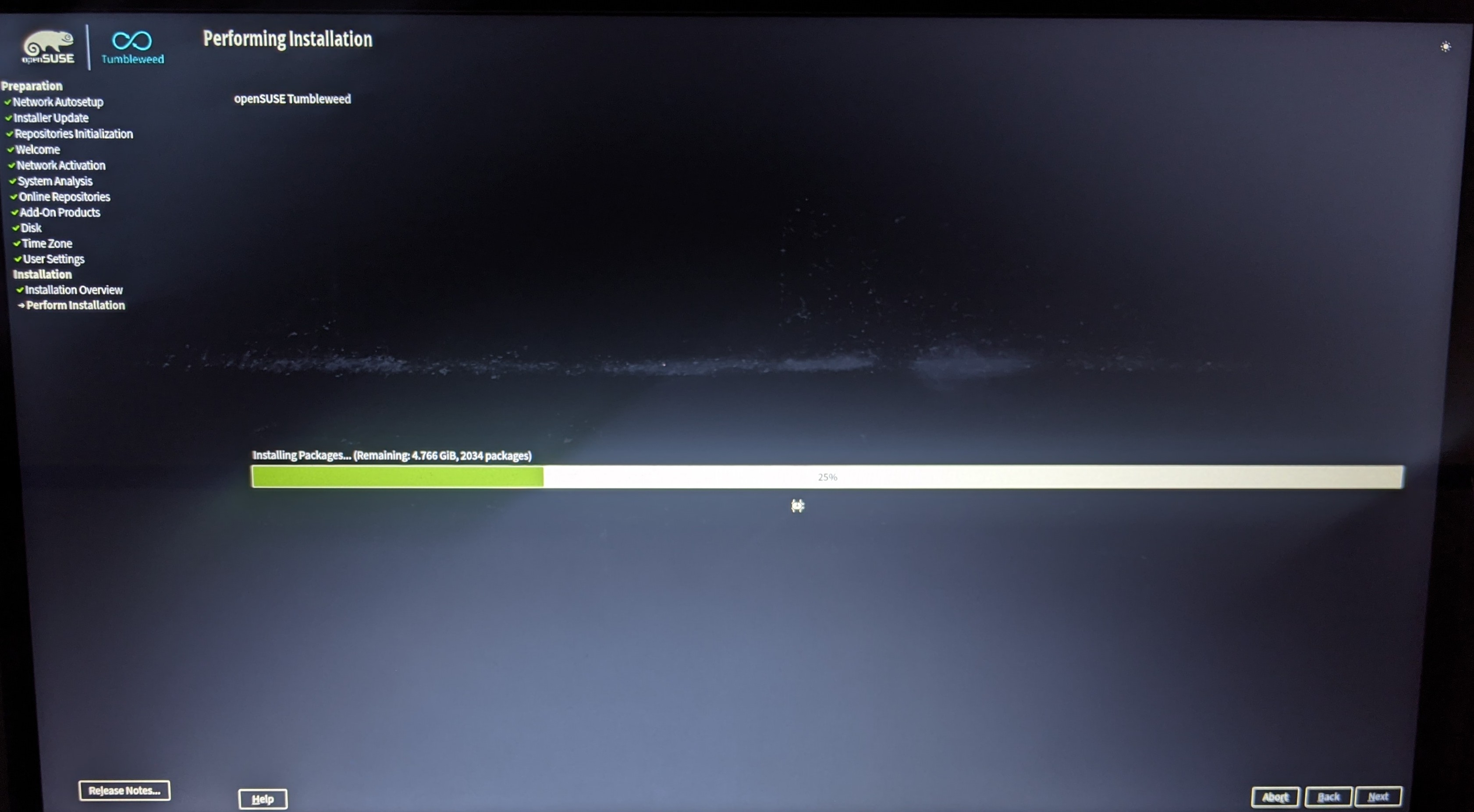this post was submitted on 10 Apr 2024
203 points (93.6% liked)
Linux
48199 readers
913 users here now
From Wikipedia, the free encyclopedia
Linux is a family of open source Unix-like operating systems based on the Linux kernel, an operating system kernel first released on September 17, 1991 by Linus Torvalds. Linux is typically packaged in a Linux distribution (or distro for short).
Distributions include the Linux kernel and supporting system software and libraries, many of which are provided by the GNU Project. Many Linux distributions use the word "Linux" in their name, but the Free Software Foundation uses the name GNU/Linux to emphasize the importance of GNU software, causing some controversy.
Rules
- Posts must be relevant to operating systems running the Linux kernel. GNU/Linux or otherwise.
- No misinformation
- No NSFW content
- No hate speech, bigotry, etc
Related Communities
Community icon by Alpár-Etele Méder, licensed under CC BY 3.0
founded 5 years ago
MODERATORS
you are viewing a single comment's thread
view the rest of the comments
view the rest of the comments

Doesn't GRUB support LUKS2 nowadays? I know that wasn't the case a year ago or so, but I didn't see a notice on the Archwiki last time I checked.
Not sure how up to date this is, but it claims LUKS2 is only partially supported by GRUB https://docs.voidlinux.org/installation/guides/fde.html